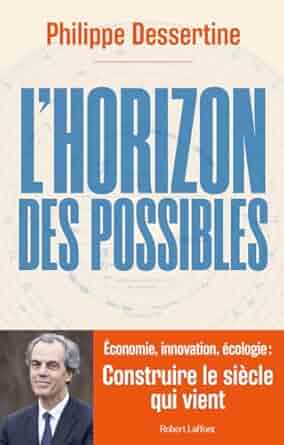The author’s objective is to highlight the logic linking the successive shocks – of a financial, economic, health and geopolitical nature – that have occurred since the beginning of the century, then to open avenues of progress for the future, advocating, if necessary, a break with the previous industrial or post-industrial model. The author strives to reconcile history and modernity, transversality and depth, culture and creativity. He presents the French as a case study. He believes that they are victims of their fantasized past, but that as heirs of Montaigne and Descartes, they are able to overcome their fear of tomorrow and to show both logical sense, responsiveness, and above all creativity to build their future.
The book is organized into nine chapters raising (meta) issues that are both transversal and complex: new economic and social models; the disruption of the old world; immobility and mobility; growth and algorithms; the geopolitics of influence and brains; hyper-innovation and hyper-intelligence; new values and new growth; extra-monetary impact.
The book stands out from the conventional academic work of economists, historians, and political scientists. Its writing alternates between concepts and narratives, quotes and contemporary examples. It is part of the narrative economy, illustrated by the work of several Nobel Prize winners in economics, such as Acemoglu, Johnson, and Robinson. It reflects a phenomenological approach to economic and social facts, which have most marked Western enlightened minds. These phenomena are not presented in chronological order or geographical logic, but according to the occurrences of the events that have most marked the consciousness of consumers and producers. This reading of history is served by a style that is both educational and creative, with a sense of the formula – especially based on paradoxes – which is illustrated in particular in the titles of chapters and paragraphs.
Philippe Dessertine (professor at the University of Paris I, director of the IHFI and lecturer) delivers in his book a masterful lesson in economics, a message of optimism and a call to the awakening of disillusioned citizens.
J-J.Pluchart’s note


